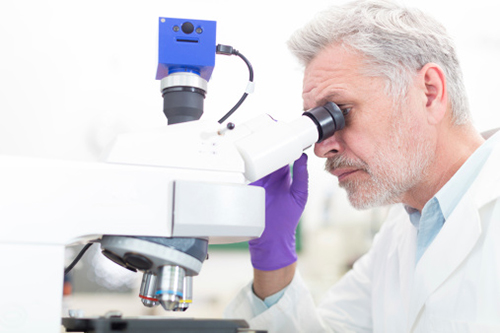 According to a new study conducted by researchers at the Wellcome Trust Sanger Institute in Cambridge, UK, reoccurring cancers are more likely to contain certain genes or gene combinations. Targeting these genes with early treatment could be the key to improved therapy for breast cancer.
According to a new study conducted by researchers at the Wellcome Trust Sanger Institute in Cambridge, UK, reoccurring cancers are more likely to contain certain genes or gene combinations. Targeting these genes with early treatment could be the key to improved therapy for breast cancer.
Dr. Lucy Yates and her team examined data from the tumors of 1,000 breast cancer patients; 161 of these patients either had recurring cancer or cancer that spread. Approximately 20% of breast cancer patients will see the disease return in the same spot of the original tumor or another part of the body.
Researchers compared primary and secondary cancer tumors and discovered genetic differences. In fact, a few of the mutations found in the secondary cancers were rather uncommon in the primary cancers (the cancers diagnosed for the first time). Researchers believe that the counterpart of genes in some primary cancers may make them more susceptible to relapse in the future. Furthermore, additional cancer genes contracted after diagnosis may drive the cancer to relapse.
The team is optimistic that doctors can use these findings to identify patients at risk of recurring cancer and choose the best therapy for targeting gene combinations. Of course, this would require obtaining regular samples of cancer tissue to track the cancer’s progress.
Study findings are being presented at the European Cancer Congress in Vienna.
Sources for Today’s Article:
“Discovery of significant difference between breast cancers that relapse and those that do not will lead to better treatment,” The European Cancer Congress 2015 web site; https://www.europeancancercongress.org/Global/News/ECC-2015-News/2015/09/PR-25-SEP-Discovery-of-significant-genetic-differences, last accessed September 25, 2015.
“Genetic clue to breast cancer relapses,” BBC News web site, September 25, 2015; http://www.bbc.com/news/health-34349468.
